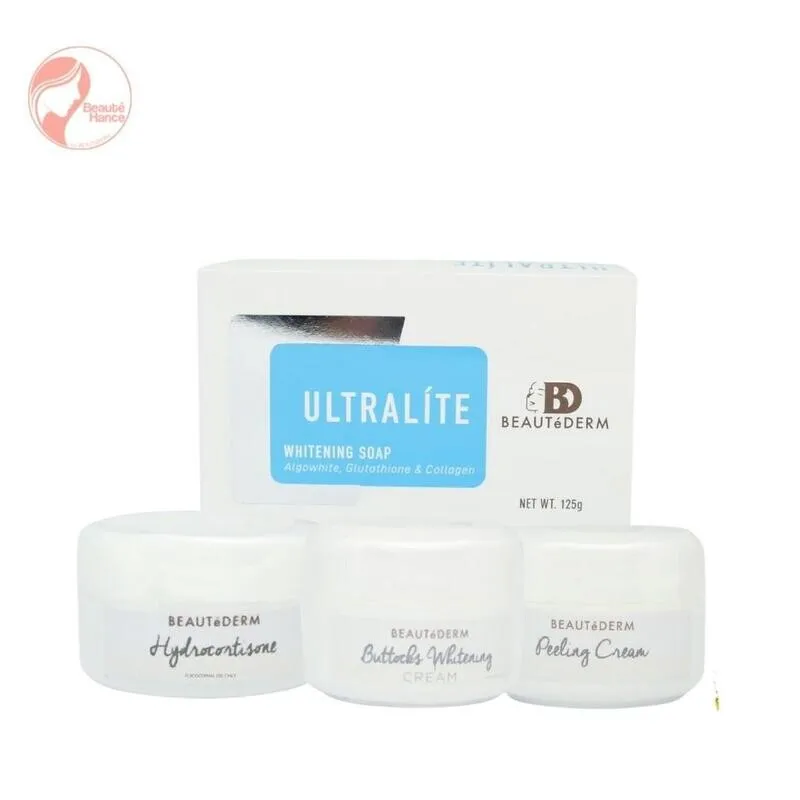What is Whitening Soap for the Bikini Area
Whitening soap for the bikini area is a skincare product specifically formulated to lighten the skin in the sensitive bikini region. The primary goal is to reduce the appearance of hyperpigmentation, dark spots, and uneven skin tone often caused by factors such as friction, shaving, hormonal changes, and sun exposure. These soaps typically contain ingredients that inhibit melanin production, the pigment responsible for skin color. This can lead to a brighter, more even complexion in the treated area. It’s crucial to remember that the skin in the bikini area is delicate, and choosing the right product and using it correctly is essential to avoid irritation or adverse reactions. The market offers various formulations, from those with natural ingredients to those with more potent chemical compounds, so understanding the ingredients and their effects is crucial before making a choice. Furthermore, it’s always recommended to perform a patch test before widespread use to ensure compatibility with your skin type.
How Does Whitening Soap Work?
Whitening soaps work primarily by targeting melanin, the pigment responsible for skin color. The key mechanism involves inhibiting tyrosinase, an enzyme crucial for melanin production. By blocking this enzyme, the soap reduces the amount of melanin produced, leading to a gradual lightening of the skin. In addition to this, some whitening soaps contain exfoliating agents that help remove dead skin cells, which can contain concentrated melanin, further contributing to a brighter complexion. Different ingredients employ various mechanisms to achieve these effects. For instance, some ingredients act as antioxidants, protecting the skin from free radical damage that can trigger melanin production. Others work by disrupting the melanin synthesis pathway. Regular use of these soaps can lead to a visible reduction in dark spots, uneven skin tone, and overall brighter skin. It is essential to use these soaps as directed and combine them with sun protection to prevent the re-darkening of the skin.
Key Ingredients in Whitening Soaps
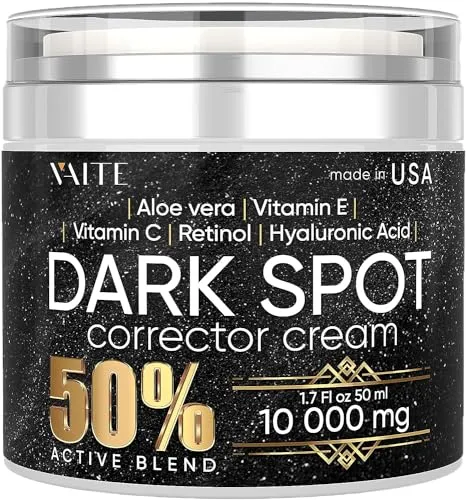
Whitening soaps often contain a blend of active ingredients designed to lighten the skin. These ingredients work through various mechanisms, targeting melanin production and promoting skin exfoliation. The effectiveness and safety of a whitening soap largely depend on the specific ingredients it contains. It’s always a good practice to be aware of what you are applying to your skin.
Hydroquinone
Hydroquinone is a potent skin-lightening agent, often used in prescription-strength products. It works by inhibiting tyrosinase, thereby reducing melanin production. Hydroquinone is known for its fast results, often showing visible changes within a few weeks. However, it can cause side effects like skin irritation, redness, and, in some cases, ochronosis (a permanent darkening of the skin). Due to these potential side effects, its use is often regulated, and it’s essential to use it under the guidance of a dermatologist.
Kojic Acid
Kojic acid, derived from fungi, is a natural skin-lightening agent. It inhibits tyrosinase, similar to hydroquinone, and thus reduces melanin production. It is generally considered gentler than hydroquinone and is less likely to cause severe side effects. Kojic acid is effective in treating dark spots and uneven skin tone and is commonly found in over-the-counter whitening products. However, some individuals may experience mild irritation or sensitivity, so a patch test is advisable before widespread use. Regular use can lead to a gradual lightening of the skin, making it a popular choice for those seeking to improve their skin’s appearance.
Vitamin C
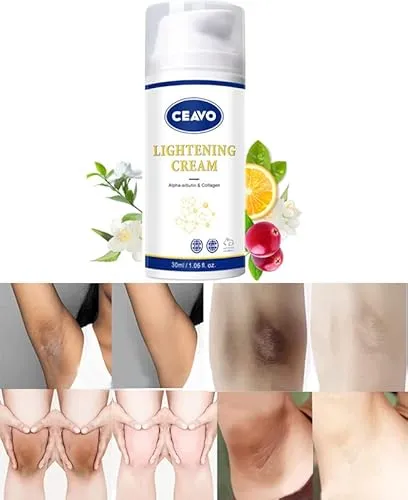
Vitamin C, a powerful antioxidant, plays a vital role in skin lightening. It inhibits melanin production and protects the skin from free radical damage caused by sun exposure and other environmental factors. Additionally, Vitamin C can promote collagen production, improving skin texture and reducing the appearance of fine lines. It is generally well-tolerated and suitable for various skin types. Regular use of Vitamin C can brighten the skin, reduce dark spots, and improve overall skin tone. It is often included in skin-lightening products due to its antioxidant properties and ability to enhance skin health.
Arbutin
Arbutin, a natural compound found in bearberry plants, is a popular skin-lightening ingredient. It works by inhibiting tyrosinase, which is essential for melanin production. Arbutin is considered a gentler alternative to hydroquinone, making it suitable for those with sensitive skin. It gradually lightens dark spots and improves overall skin tone without causing significant irritation. It also has antioxidant properties that help protect the skin from damage. Arbutin is a common ingredient in whitening soaps and serums, and regular use can result in a brighter and more even complexion.
Top 5 Facts About Whitening Soap
Fact 1 Effective at lightening dark spots
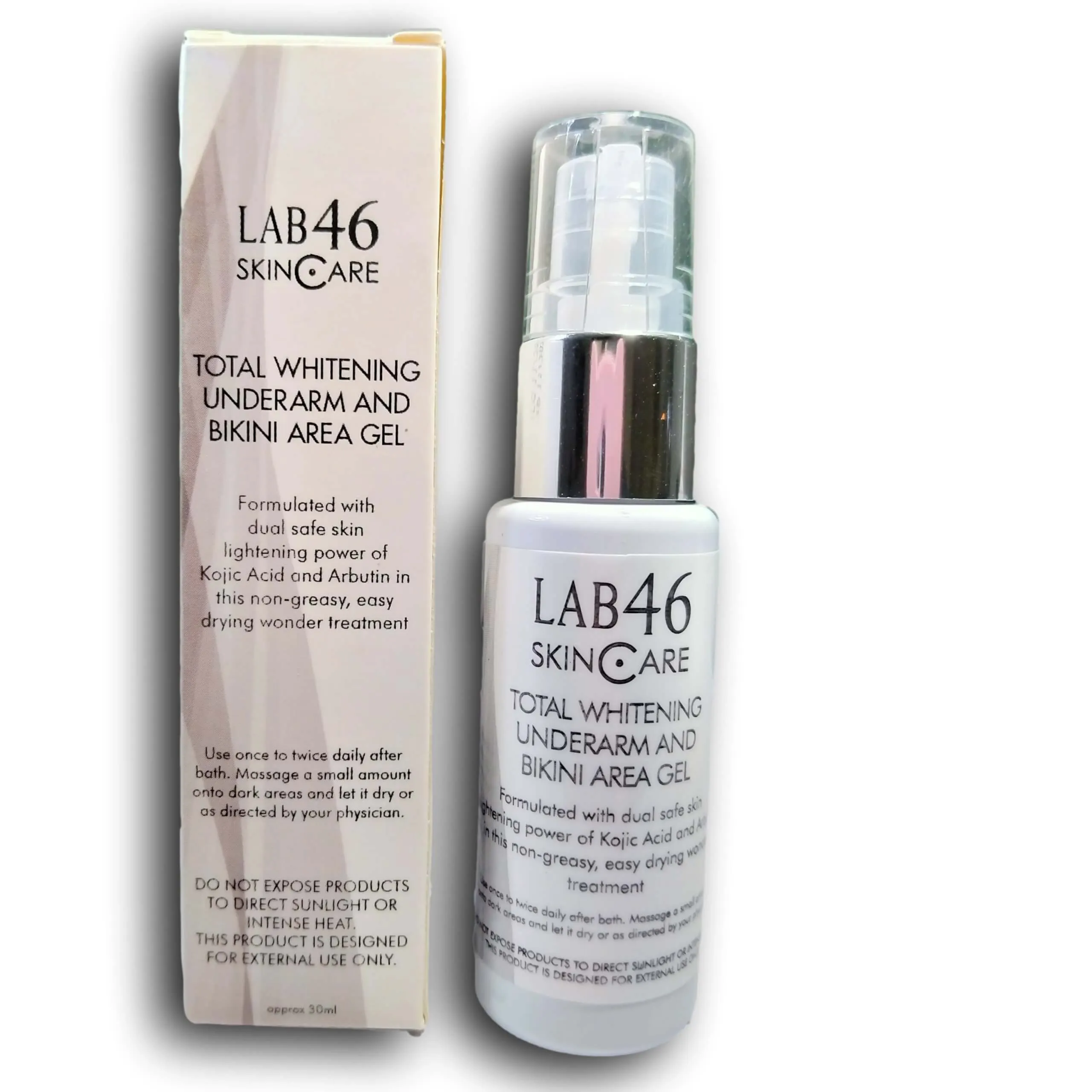
Whitening soaps are designed to target and lighten dark spots. These spots, often the result of hyperpigmentation, can be caused by various factors such as friction, hormonal changes, or sun exposure. The active ingredients in these soaps, such as kojic acid, arbutin, and vitamin C, work to inhibit melanin production. By reducing melanin, these soaps can gradually fade dark spots, leading to a more even skin tone. The effectiveness can vary depending on the ingredients, concentration, and individual skin type. Consistent use over time is usually required to see noticeable results. Additionally, the soap may contain exfoliating agents that help remove dead skin cells, which can also help reduce the appearance of dark spots and reveal a brighter complexion. Remember to always apply sunscreen when using the soap.
Fact 2 Can improve skin tone
One of the key benefits of using whitening soap is the potential to improve overall skin tone. This improvement is achieved by reducing uneven pigmentation and promoting a more uniform complexion. Ingredients like vitamin C, arbutin, and kojic acid help to even out skin tone by reducing the production of melanin in areas with excessive pigmentation. Regular use can result in a noticeable reduction in the appearance of dark patches and a more balanced skin color. This can enhance skin’s overall radiance and youthful appearance. Furthermore, some whitening soaps include ingredients that improve skin texture, which can further contribute to a better skin tone. The combination of these effects leads to a more refined and even complexion, making the skin appear healthier and more vibrant. The use of whitening soap should be combined with a skincare routine that includes sunscreen and moisturizing for best results.
Fact 3 Contains Exfoliating Properties
Many whitening soaps contain exfoliating agents that help remove dead skin cells, promoting a brighter complexion. These agents can be physical, like tiny beads or granules, or chemical, such as alpha-hydroxy acids (AHAs) or beta-hydroxy acids (BHAs). Exfoliation helps to reveal fresher skin underneath, which can appear lighter and more radiant. By removing dead skin cells, the soap can also help reduce the appearance of dark spots and uneven skin tone. Regular exfoliation allows the active ingredients in the soap to penetrate the skin more effectively, enhancing the skin-lightening effects. However, it’s essential not to over-exfoliate, as this can lead to irritation and increased sensitivity. Using a gentle exfoliating whitening soap as directed is crucial to achieve the desired results without damaging the skin.
Fact 4 Helps reduce ingrown hairs
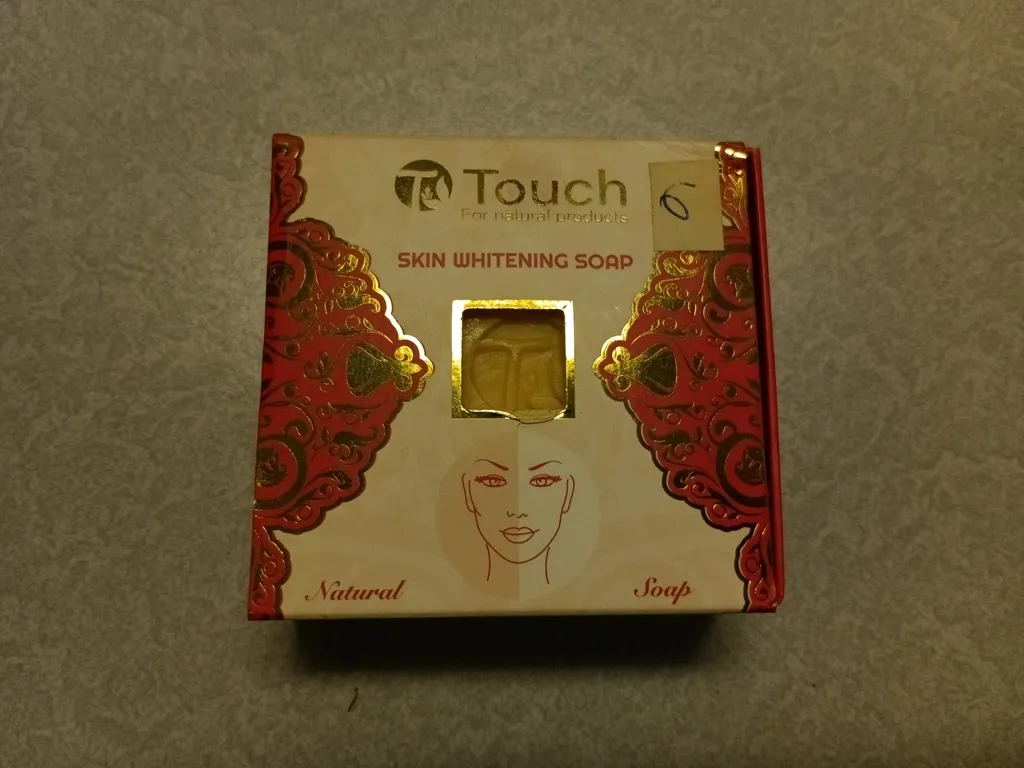
Whitening soaps can help reduce ingrown hairs, a common problem in the bikini area. This is often due to the exfoliating properties of the soap, which help to remove dead skin cells that can trap hairs beneath the surface. By keeping the skin clear of debris, the hair follicles can stay open, allowing hairs to grow out properly. Furthermore, some whitening soaps contain ingredients that have anti-inflammatory properties, which can help soothe the skin and reduce the redness and irritation associated with ingrown hairs. Using a whitening soap regularly can prevent ingrown hairs by keeping the skin clean and exfoliated. It’s essential to use the soap gently and avoid harsh scrubbing to prevent skin irritation. It is also beneficial to follow with moisturizing after use to keep the skin healthy and hydrated.
Fact 5 Not a permanent solution
It’s important to understand that whitening soap is not a permanent solution. While it can effectively lighten the skin and reduce the appearance of dark spots, the results are often temporary and require consistent use to maintain. Factors like sun exposure, hormonal changes, and friction can cause the skin to darken again. The effectiveness of the soap relies on continuous use to inhibit melanin production and maintain the desired skin tone. Discontinuing the soap can result in the return of the original pigmentation over time. Therefore, it’s crucial to incorporate a comprehensive skincare routine, including regular use of the whitening soap, sunscreen, and other protective measures, to manage and maintain the results. Regular skincare, combined with protective measures, can help you maintain a brighter, more even skin tone for an extended period.
How to Use Whitening Soap for Best Results
Step-by-Step Guide
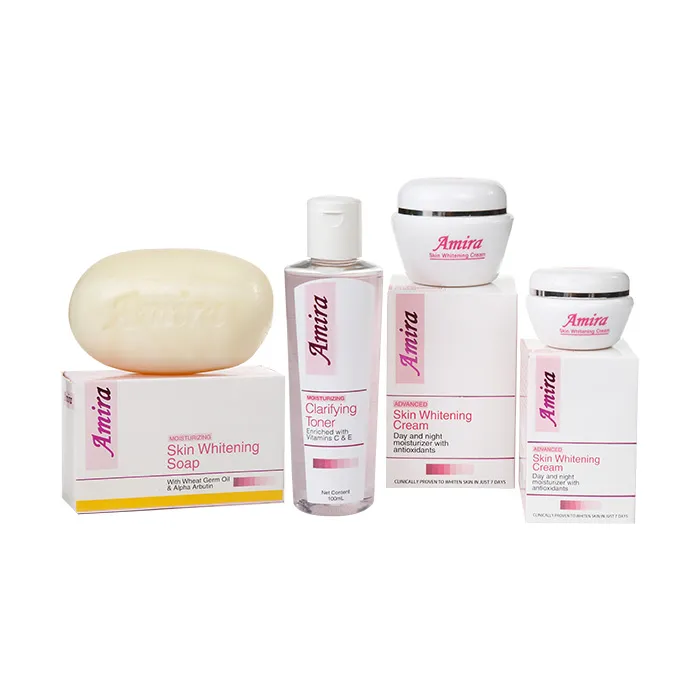
Using whitening soap effectively requires a consistent and careful approach. Begin by wetting the bikini area thoroughly with lukewarm water. Apply the soap gently, creating a lather with your hands. Avoid harsh scrubbing, as this can irritate the delicate skin. Allow the lather to sit on your skin for the time specified on the product packaging, typically a few minutes. Rinse the area thoroughly with lukewarm water, ensuring all soap residue is removed. Pat the area dry with a soft towel. After washing, apply a moisturizer to keep the skin hydrated. It’s essential to perform a patch test before using the soap on the entire area to ensure you have no adverse reactions. Consistency is key, so use the soap regularly, following the product’s instructions. Lastly, always remember to protect the treated area from sun exposure by wearing protective clothing or applying sunscreen, as the skin will be more sensitive to the sun.
Potential Risks and Side Effects
While whitening soaps can offer benefits, it is essential to be aware of the potential risks and side effects. These products often contain active ingredients that can cause adverse reactions, especially on sensitive skin. Understanding these risks can help you make informed decisions and use the soap safely. Using a patch test is essential to help you determine if the soap is suitable for your skin.
Allergic Reactions
Allergic reactions are possible when using whitening soap. The active ingredients, such as hydroquinone or kojic acid, can trigger an allergic response. Symptoms of an allergic reaction may include itching, redness, swelling, and hives. If you experience any of these symptoms, discontinue use immediately and consult a dermatologist. Performing a patch test before widespread use is crucial to identify potential allergens and prevent severe reactions. Always check the ingredient list for known allergens. Using a product with natural ingredients is recommended for individuals with sensitive skin. Consulting with a healthcare professional is advised if you have a history of allergies to skincare products.
Skin Irritation
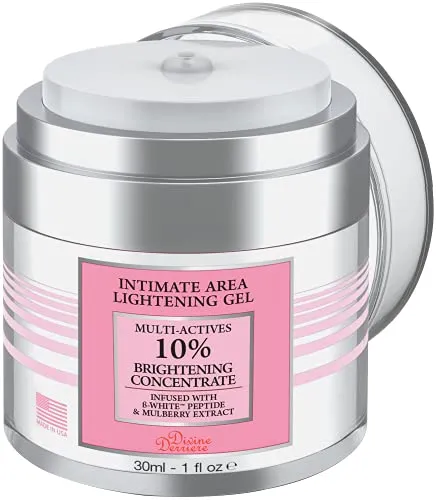
Skin irritation is a common side effect of whitening soaps, particularly those with strong active ingredients or exfoliating agents. This irritation can manifest as redness, itching, burning, or a stinging sensation. The delicate skin in the bikini area is more prone to irritation due to its sensitivity. To minimize irritation, always follow the product instructions carefully, and avoid excessive scrubbing. Start by using the soap less frequently and gradually increase usage as your skin tolerates it. If irritation persists, discontinue use and switch to a milder formula or consult with a dermatologist. Using a moisturizer after washing can help soothe and protect the skin. Choosing a product with natural, gentle ingredients can reduce the likelihood of skin irritation.
Long-term effects
The long-term effects of using whitening soap can vary depending on the ingredients used and individual skin sensitivity. Prolonged use of strong chemicals, such as hydroquinone, can lead to various skin issues. One potential long-term effect is ochronosis, a condition characterized by the darkening of the skin. Other concerns include increased skin sensitivity, thinning of the skin, and an increased risk of sun damage. When choosing a whitening soap, it’s important to consider its ingredients and potential long-term effects. Opting for products with natural ingredients and lower concentrations of active chemicals may reduce the risk of adverse long-term impacts. Regular consultations with a dermatologist are recommended for monitoring skin health and addressing any concerns. Sun protection is crucial to minimize the risk of long-term skin damage. Careful and informed usage is necessary to ensure that the benefits outweigh the risks.
Choosing the Right Whitening Soap
Choosing the right whitening soap is essential for achieving desired results while minimizing potential risks. Selecting a product that suits your skin type and needs requires careful consideration. Always consider the ingredients, your skin sensitivity, and the manufacturer’s reputation. Before starting, conduct a patch test to ensure that your skin does not have an adverse reaction. Take your time and make an informed decision to achieve the desired outcome safely and effectively.
Consider Your Skin Type
When choosing a whitening soap, consider your skin type. If you have sensitive skin, opt for products with gentle, natural ingredients like vitamin C or arbutin, avoiding harsh chemicals like hydroquinone. For oily skin, you might choose a soap with exfoliating properties to prevent breakouts. If you have dry skin, select a soap with moisturizing ingredients to prevent dryness and irritation. Knowing your skin type helps you choose products that are less likely to cause irritation and more likely to deliver positive results. Reading product labels and descriptions carefully can provide useful information on the intended skin types for each product. Consider your skin type for a safe and effective outcome.
Read Reviews and Ratings
Before purchasing any whitening soap, read reviews and ratings from other users. These can provide valuable insights into the product’s effectiveness, potential side effects, and overall satisfaction. Pay attention to reviews that mention similar skin types and concerns as yours. Check multiple sources, including the manufacturer’s website, online retailers, and skincare forums, for a well-rounded perspective. Reading reviews can help you set realistic expectations and avoid products that are consistently reported to cause irritation or produce unsatisfactory results. By taking the time to assess reviews, you can make an informed decision and select a product that is more likely to meet your needs. Look for the products with a higher number of positive reviews and ratings.
Avoid Harsh Chemicals
To protect the delicate skin of the bikini area, avoid whitening soaps that contain harsh chemicals. Ingredients like hydroquinone can be effective but may cause significant side effects, especially with prolonged use. Other chemicals to watch out for include strong perfumes, artificial colors, and parabens, which can cause irritation or allergic reactions. Opt for products that prioritize natural ingredients and avoid excessive chemical additives. Always read the ingredient list and choose soaps with gentle formulations. Products with fewer chemicals are generally more suitable for sensitive skin. This will minimize the risk of skin irritation and ensure a safer experience. When in doubt, consult a dermatologist for guidance on the safest and most effective products.
Conclusion
Whitening soap can be a helpful tool for reducing hyperpigmentation and evening out skin tone in the bikini area. By understanding the key ingredients, potential risks, and best practices for use, you can make informed choices to achieve the desired results safely. Always prioritize skin health by choosing products suited to your skin type, reading reviews, and avoiding harsh chemicals. Consistent and careful application, along with protective measures like sun protection, will help you achieve a brighter and more confident complexion. Remember that skin whitening is not a quick fix, and patience and consistency are key. Consult with a dermatologist for personalized advice and to address any concerns. With the right approach, you can enjoy the benefits of whitening soap while keeping your skin healthy and radiant.
